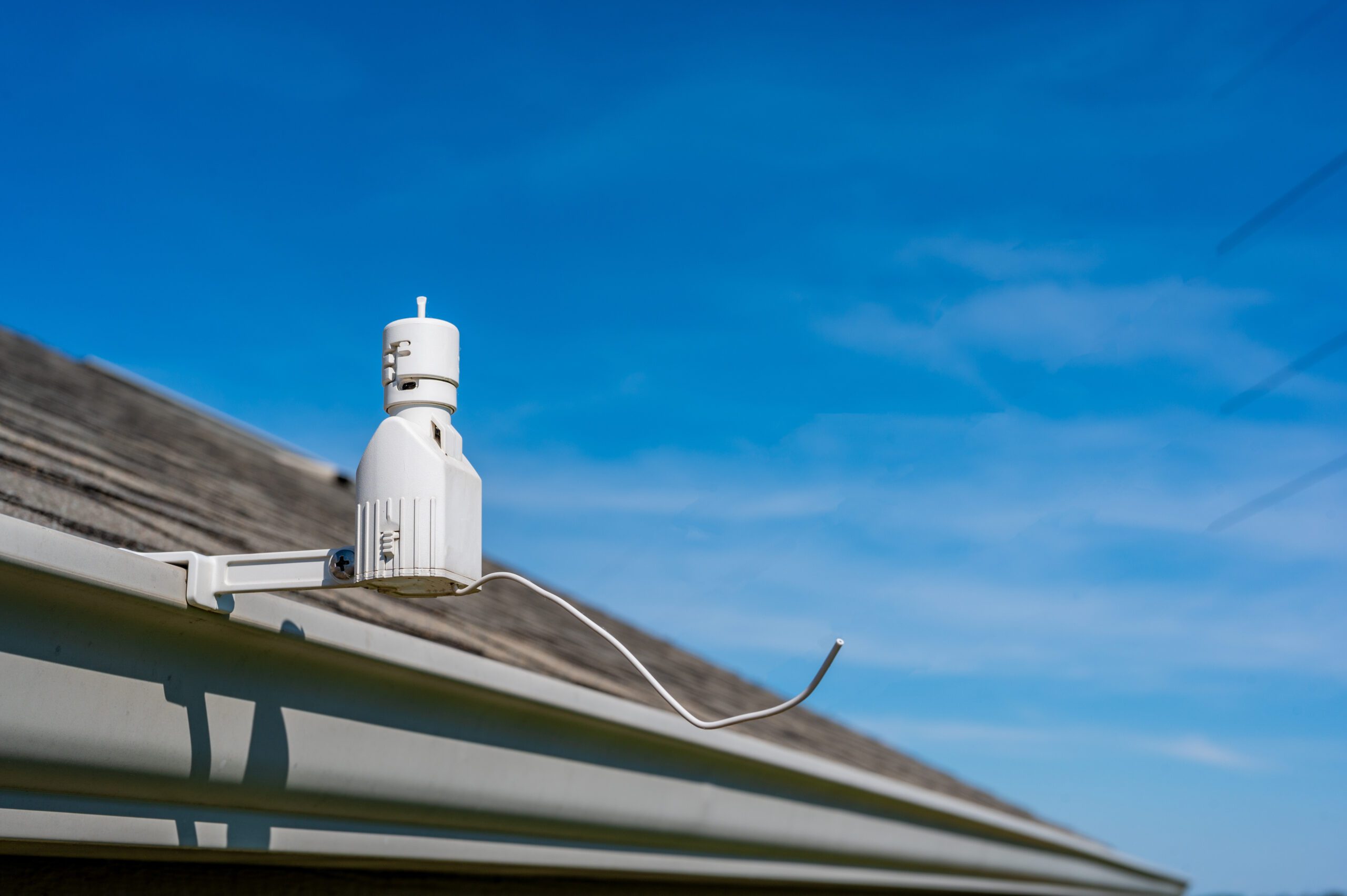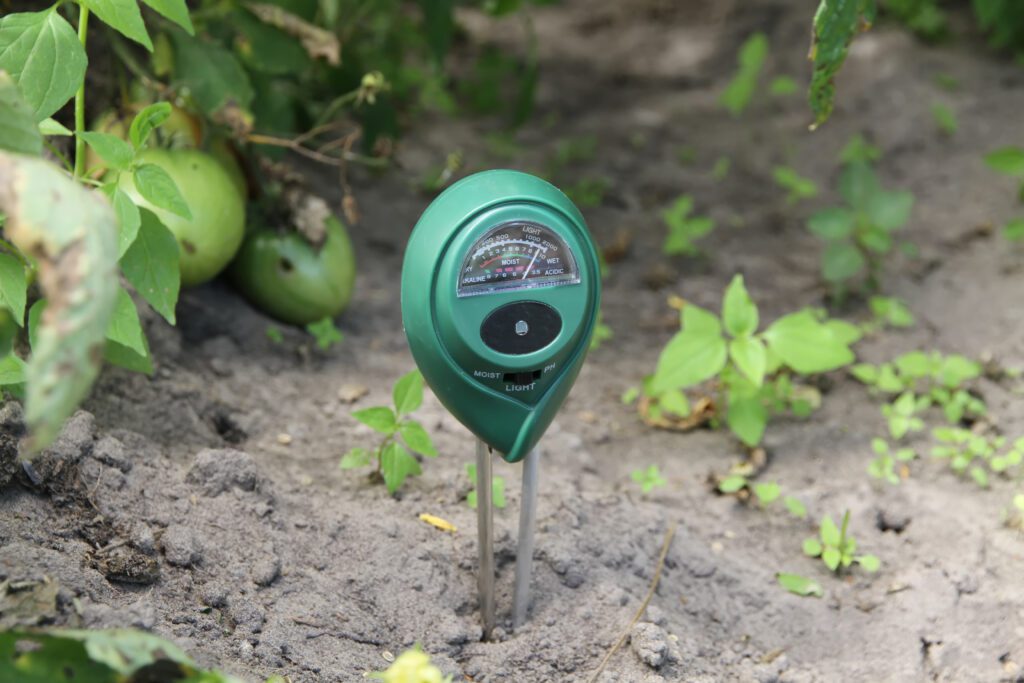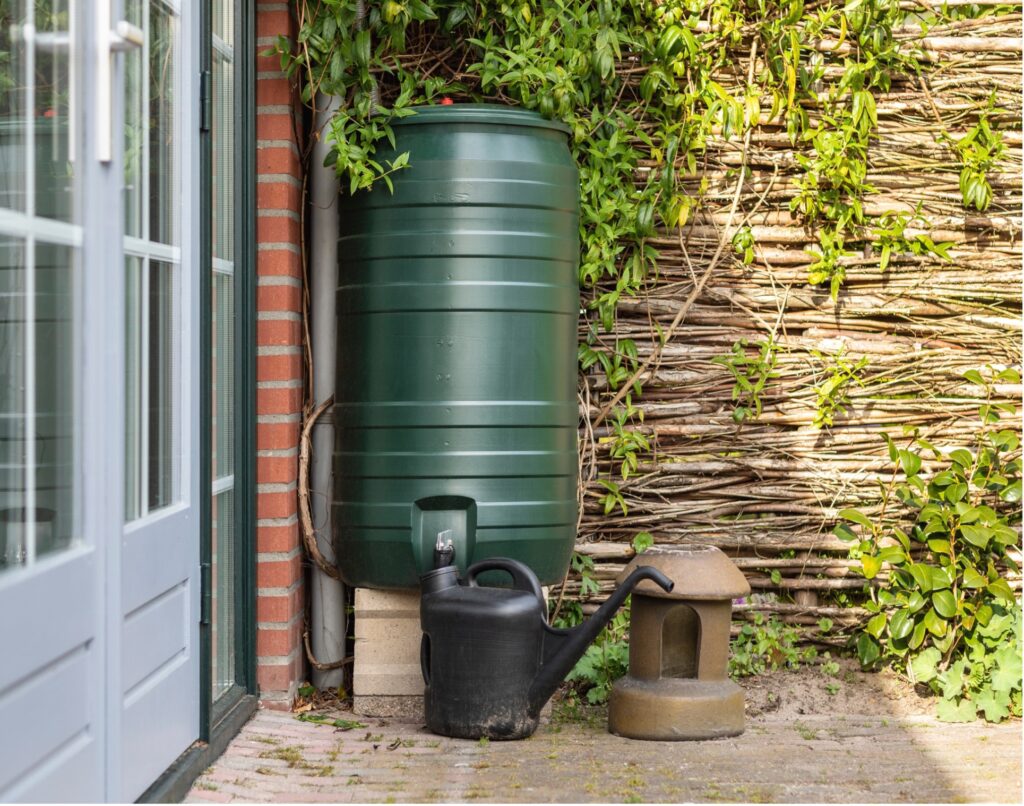Water Saving Tips & Tools
Water conservation is the most important action we can take to sustain our water supplies, meet future needs and reduce demands on Florida’s water-dependent ecosystems such as springs, rivers, lakes, and wetlands. It can also help you save money on your water bill! Check out or tips and recommended tools to help you better conserve water both inside and outside your home.
Indoor Water Conservation
Tips
- Check faucets and pipes for leaks. A small drip from a worn faucet washer can waste 20 gallons of water per day; larger leaks can waste hundreds of gallons.
- Use your dishwasher and washing machine only for full loads. When possible, avoid washing during heavy downpours.
- Minimize use of kitchen sink garbage disposal units. The units require a lot of water to operate properly and also add to the volume of solids in a septic tank, which can lead to maintenance problems. Instead of using a garbage disposal, compost kitchen scraps and use the nutrient-rich compost to enhance yard or garden soil.
Tools
- Low-flow shower heads can help you save the amount of water you use in your bathroom. Low-flow options use approximately 1.5 Gallons Per Minute (GPM) of water compared to standard shower heads that use about twice that. Older shower head can use as much as 10 GPM, so be sure to upgrade as needed.
- Low-flow faucet aerators can reduce flow to 1 GMP compared to a standard aerator, which uses around 2.2 GMP.
- Low-flow toilets come in many different sizes. On average, these toilets use 1.6 gallons per flush compared to a standard toilet that uses 7 gallons per flush.
Outdoor Water Conservation
Tips
- Add mulch to reduce evaporation. Mulching reduces water needed in a garden by as much as 50%. It also has the added benefit of preventing weed growth, deterring pests, stabilizing soil temperature, and, as it decomposes, providing nutrients to the soil.
- Pinellas County Solid Waste offers free mulch at sites across the county. Visit the Mulch Pickup Program page for a list of locations.
- Harvest rain to water flower beds, herb gardens and potted plants. Rain is free, and it’s beneficial for plants because rain does not contain hard minerals.
- Choose native plants that are adapted to the area and need less water. On slopes, these plants will retain water and help reduce runoff.
- UF/IFAS Extension Pinellas’ Florida-Friendly Landscaping Program can help you find low-maintenance plants and implement environmentally sustainable practices so you can have a beautiful landscape that will save you time, energy and money while protecting our local waterways.
- Check hose and sprinkler connections for leaks – a drop wasted each second can add up to a couple of gallons each day.
- Irrigate your lawn with reclaimed water. To find out if reclaimed water is available in your neighborhood, contact your utility company.
- Do not water the lawn in rainy weather.
Tools
Rain Sensors

Florida Law requires anyone with an automatic irrigation system to have a rain sensor. Rain sensors can help you:
- Save money by reducing utility bills and lawn maintenance costs.
- Reduce wear on your irrigation system by only running when necessary.
- Reduce disease and weed pressure by eliminating unnecessary watering.
- Protect surface and groundwater by reducing runoff and deep percolation that may carry pollutants into storm drains and groundwater.
Soil Moisture Sensors

Did you know soil moisture sensors can cut your water use by more than half? These sensors continuously check soil moisture levels and prevent irrigation systems from operating when watering is not needed, which could improve your lawn’s health since overwatering encourages shallow root growth causing your grass to become less resistant to stress and more susceptible to disease.
Rain Barrels

Rain barrels can help you
- Save money on water bills.
- Conserve water during a drought by providing an alternative water source
- Reduce stormwater runoff.
- Prevent flooding and soil erosion.
- Provide clean water for plants.